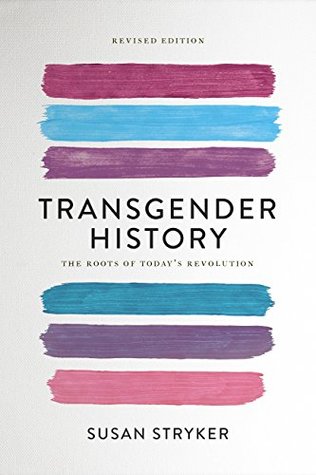More on this book
Community
Kindle Notes & Highlights
Read between
August 7, 2020 - June 3, 2021
Rooted in black and Chicana feminist thought, intersectional feminism calls into question the idea that the social oppression of women can be adequately analyzed and contested solely by concentrating on the category “woman.” Intersectional feminism insists that there is no essential “Woman” who is universally oppressed.
Many other people understand gender to be more like language than like biology; that is, although they understand us humans to have a biological capacity to use language, they point out we are not born with a hard-wired language “preinstalled” in our brains.
One has to ask why the typical reaction to an encounter with nonprivileged forms of gender or embodiment is not more often experienced with wonder, delight, attraction, or curiosity.
Gender is not the same as sex, though the two terms are often used interchangeably, even in technical or scholarly literature, which can lead to a great deal of confusion when you are trying to be analytically precise. Generally speaking, gender is considered to be cultural, and sex, biological.
The idea of women having their primary emotional ties to each other, regardless of their sexual orientation, rather than to men, was a major milestone in the historical development of feminist consciousness, as was the sense that gender roles were male-defined and functioned strictly as a form of repression to keep women in a subordinate position relative to men.


